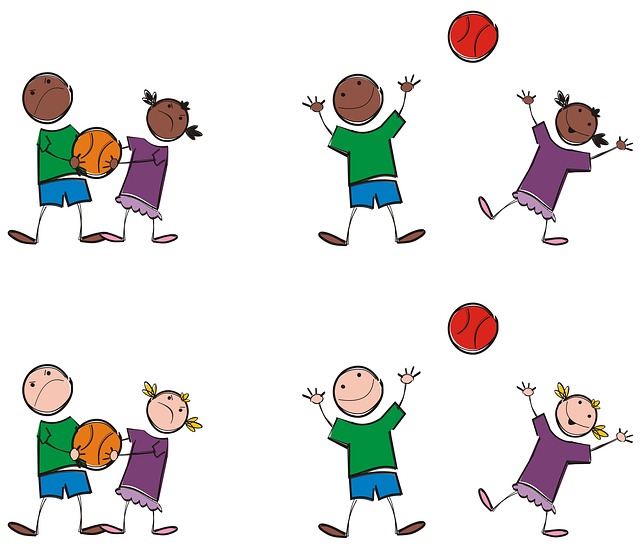Goal Area: Expressive Language
Verbal Description Materials needed: 10 household items (e.g. soap, mirror, towel, fork, cup, remote, etc.) Activity directions:1. Gather items in a box2. Label/touch the items3. Describe where you find the items in the house (targeting location)4. Describe what you do with the items (targeting object function) Disclosure statement: These activities have been designed for children who are currently receiving services and should not act as a substitute to weekly speech and language therapy. Please contact Wee Speech, P.C. for more information about this or other activities that may benefit your child at 847-329-8226 or office@weespeech.com.










